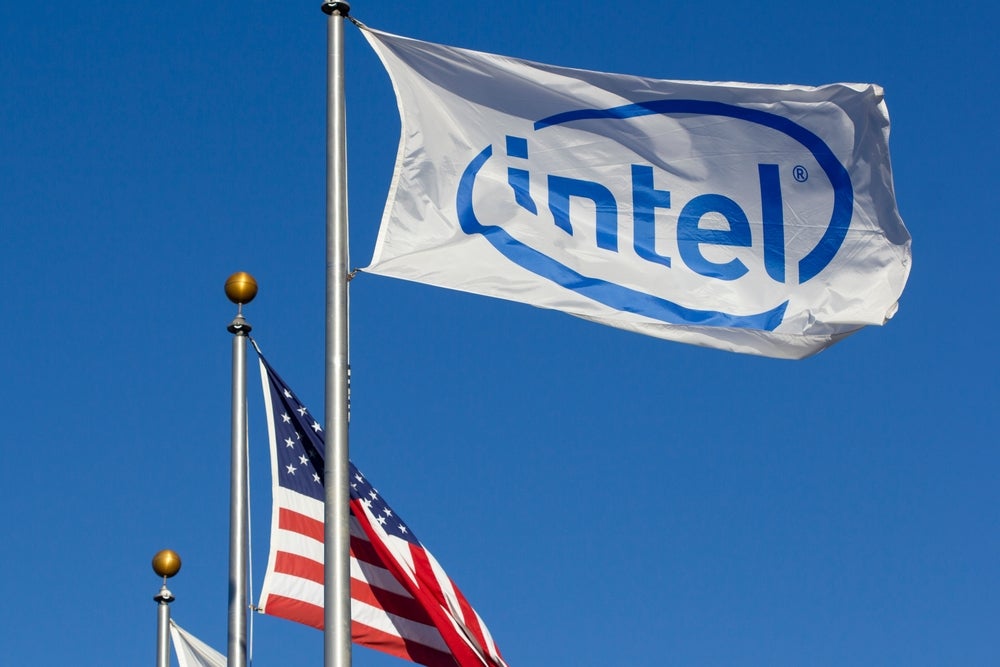Team Labs has been granted a patent for systems and methods for managing purchases for an organization using a rules engine. The invention involves receiving a purchase request message, extracting purchase order information, generating a purchase order object, identifying a set of rules applicable to the purchase order object, applying actions based on the rules, generating a digital credit object upon receiving authorization, and providing the digital credit object to the user for making the purchase. GlobalData’s report on Team Labs gives a 360-degree view of the company including its patenting strategy. Buy the report here.
According to GlobalData’s company profile on Team Labs, wearable computers was a key innovation area identified from patents. Team Labs's grant share as of June 2023 was 1%. Grant share is based on the ratio of number of grants to total number of patents.
Managing purchases for an organization using a rules engine
A recently granted patent (Publication Number: US11645701B2) describes a computer-implemented method for managing purchases within an organization. The method involves receiving a set of rules to apply to a purchase order object and allowing users to change the order in which the rules are applied through a dragging and dropping operation. When a purchase request message is received from a user, the purchasing system extracts purchase order information and generates a purchase order object. The system then identifies the set of rules applicable to the purchase order object based on the purchase order information. Each rule in the set is associated with conditions and actions to be applied to the purchase order object. These actions can include sending the purchase order object to an approval entity. Once authorization is received from each approval entity, the purchasing system generates a digital credit object that allows the user to make the purchase. The digital credit object is configured with metadata about the set of rules applicable to the purchase order object and is provided to the user for making the purchase.
The method also includes generating an entry in a purchase order database that includes information about the digital credit object, the identified set of rules, the purchase, the user, the approval entity, or the purchase amount. The patent further describes the use of a virtual bot within the purchasing system, which receives the purchase request message and provides the digital credit object to the user through a collaboration tool. The set of rules applicable to the purchase order object can be determined based on contextual information associated with the purchase request message, such as the date, user identity, approver identity, location, category, domain name, or vendor.
The patent also covers computer-readable medium carrying instructions that perform the method operations and a computing system comprising a processor and memory to execute these instructions. The computing system receives the set of rules, allows reordering, extracts purchase order information, generates the purchase order object, identifies applicable rules, applies actions, generates the digital credit object, and provides it to the user.
Overall, this patent presents a computer-implemented method for managing purchases within an organization, allowing for flexible rule application, automated approval processes, and the provision of digital credit objects to users for making purchases.
To know more about GlobalData’s detailed insights on Team Labs, buy the report here.
Data Insights
From

The gold standard of business intelligence.
Blending expert knowledge with cutting-edge technology, GlobalData’s unrivalled proprietary data will enable you to decode what’s happening in your market. You can make better informed decisions and gain a future-proof advantage over your competitors.







